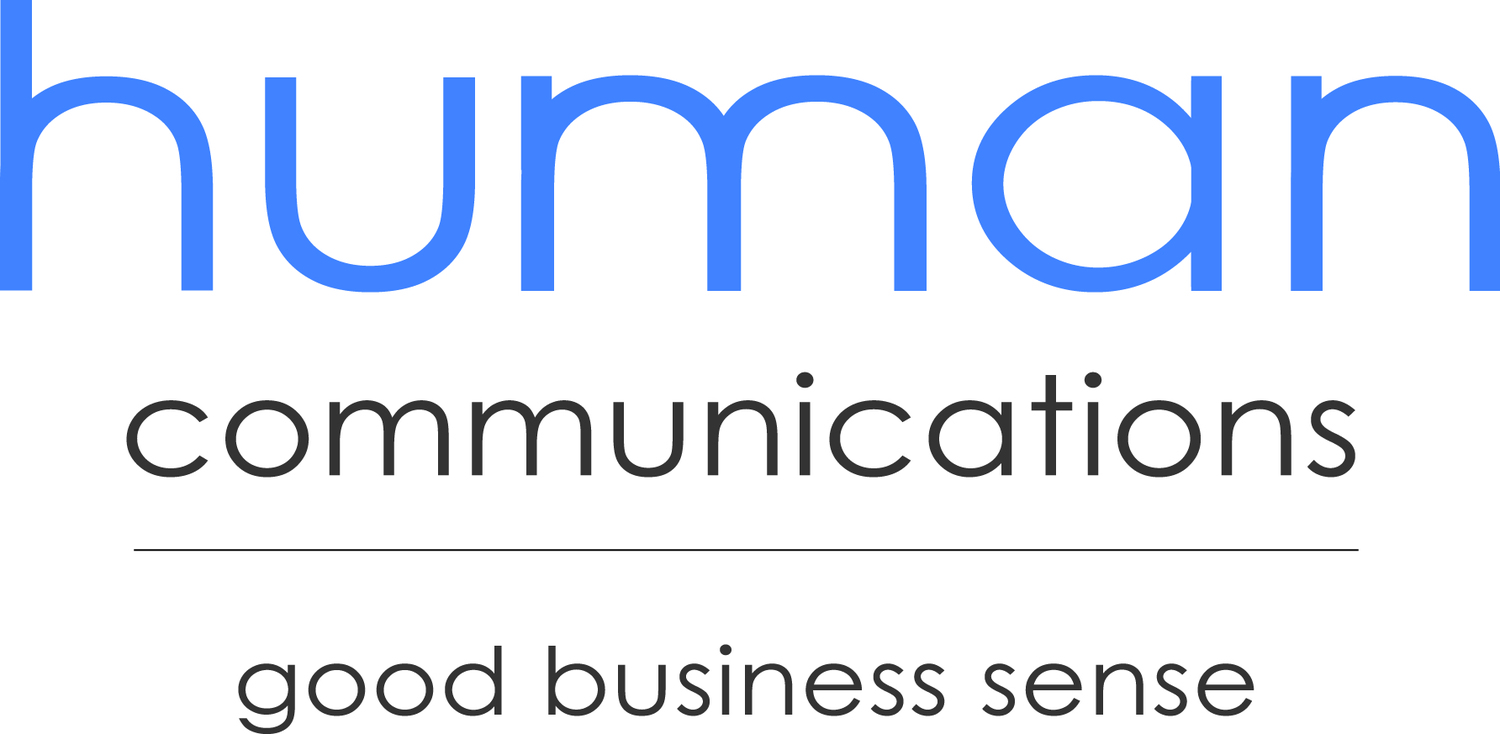Call for jargon ban to improve public perceptions of business
We’ve long supported a plain English approach to business communications, promoting the use of clear and natural language by companies seeking to communicate with their staff and customers.
So we were delighted to hear about new research suggesting that while people value the role played by companies in creating jobs, they want businesses to ‘junk the jargon’.
The findings come in a report from UK business organisation the CBI – Everyone’s business – that identified a disconnect between businesses and people across the UK.
“The way a business talks to employees and customers speaks volumes about their reputation.”
The report found that relationships between people and businesses are often restricted because of the ways businesses talk, creating a gap between what they feel they do and what the public believe.
Indeed, a third of respondents (33%) urged business leaders to avoid jargon and business speak in a bid to engage more directly with employees.
According to the CBI, using a more natural style of language will bring companies closer to their customers, with good businesses ditching business speak if they want to be understood.
“The overwhelming majority of businesses are a force for good, creating jobs, economic growth and contributing taxes that help pay for our schools, hospitals, roads and much more besides,” said CBI President Paul Drechsler.
“Treating employees and customers well is the starting point for improving people’s relationship with business, accompanied by clear communication,” continued Drechsler.
“That’s why I’m calling on business leaders to think about ways to improve their interactions with employees and customers and junk the jargon.”
Fenella Grey, MD of PR agency Porter Novelli London, said: “The way a business talks to employees and customers speaks volumes about their reputation. Jargon is alienating. When a company or an executive chooses buzzwords over straight talk, they risk losing respect, trust and, crucially, an opportunity to turn members of the public into supporters.
“People want to be told things straight, and that includes hearing about what businesses do and why,” said Grey.
The study was conducted by the CBI in partnership with Porter Novelli and research company Opinium.
Ready to junk the jargon? Our editing and proofreading services can help.

